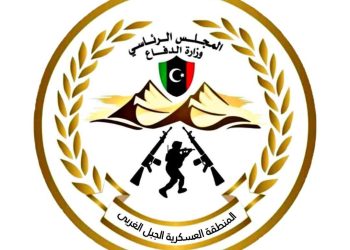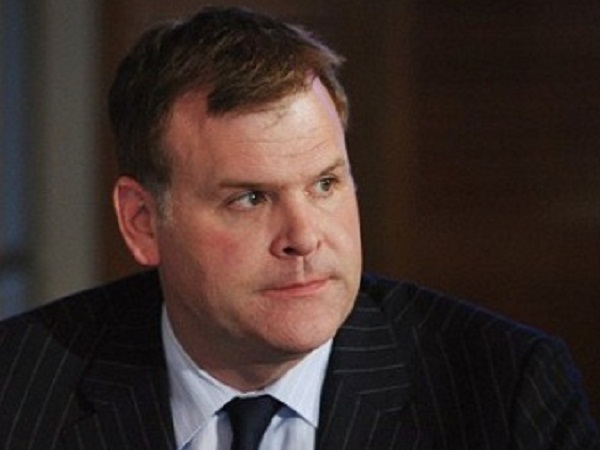By Sami Zaptia.
Tripoli, 3 May 2013:
Nobel Peace Prize winner, Leymah Gbowee, gave a workshop to a group of Libyan youth assembled . . .[restrict]from all over Libya on reconciliation, healing and forgiveness today Friday at the Radisson hotel, Tripoli.
The workshop was part of the Libya Initiative-Al-Mubadara Libya Assalam project that is to be launched officially by GNC Head Mohamed Magarief Saturday morning at the Radisson-Mahari, Tripoli.
Leymah Gbowee, won her prize for her work in opposing the dictator Charles Taylor of her native Liberia by mobilizing women, the primary victims of Liberia’s civil war, to create the Liberian Mass Action for Peace, a coalition of Christian and Muslim women who publicly protested against the murderous warlord Charles Taylor.
Together with her “peace army” she is credited with contributing to ending Liberia’s civil war. She was appointed by the current Liberian government as head of its Reconciliation Committee.
At today’s workshop in Tripoli, Ms Gbowee said that reconcilation and peace are a process. They take time. For some its days, others weeks, others months, and others years. “Until you are ready to let go”, she added. We must respect other people’s feelings she also stressed, referring to victims “not ready to let go of their anger” yet .
But people must not get tied to the hate or anger caused by the 42 years of injustice caused by Qaddafi, she warned. Many people, unjustly treated, will carry this anger with them for years – if not the rest of their lives. It is probably easier for those who caused grief to sincerely go through a process of asking for forgiveness. But those who have suffered at their hands may find it more difficult to let go of their anger and search for justice or revenge.
People want justice and many will not forgive until justice prevails. Justice comes in different ways and forms for different people, she added. Restorative justice is about giving back to the victims, not just about revenge for the victim.
She stressed that if Libyans go back to do the things that Qaddafi did, they would be no better than Qaddafi, she stressed. Libyans still have the right to be angry, but through anger they can never win. What every Libyan decides to do themselves as individuals, that is whats important. If every Libyan says that corruption, mismanagement, injustice stops at and with me – that is what is important, the Nobel Prize winner said.
“You must say that you are better than Qaddafi and the things that he did”, she added . You must decide that you will not carry the anger he created in you with you for the rest of your life. “He must not win”, she advised. As Mandela said, Gbowee recalled, “they took his freedom but he refused to let them take his mind”.
In concluding the very interactive workshop attended by Libyans from north, east, west and south and of differing ethnicity, “you must start your personal journey towards your personal healing. Justice is seen differently by different people. Some also need to see the provision of basic needs as part of justice – (jobs, schools, development, dignity, better standards of living), not just the imprisoning of wrong-doers. I do not support punitive justice, nor do I support ignoring justice – people must answer for their crimes”, she concluded.
For more details see:
www.thelibyainitiative.org – twitter.com/LibyaInitiative – www.facebook.com/TheLibyaInitiative
Contact details:
Bahiya Kanoun Tel: 218 913472817 [email protected]
Saad al Badri Tel: 218 92-5560469 [email protected]
Maria Nicoletta Gaida Tel: 218 91 646 6534
Observatory on gender in crisis: [email protected] Tel: 0927535621 [/restrict]





